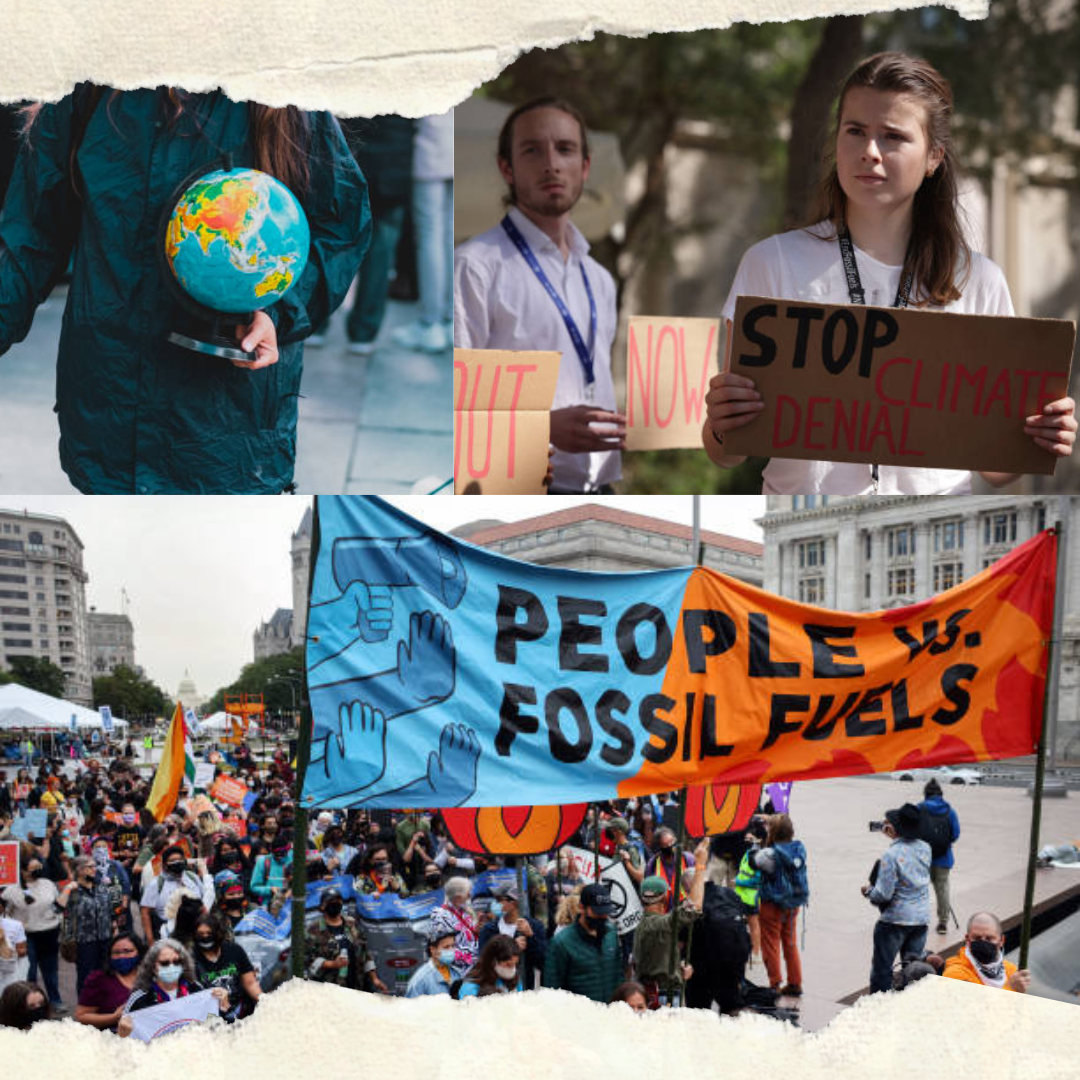The Persistence of Climate Denial: Causes, Consequences, and the Path Forward

Despite overwhelming scientific consensus, climate denial remains a persistent force in modern society. As the world experiences the tangible impacts of climate change—wildfires, floods, and extreme weather—some individuals and groups continue to reject or downplay the science behind it. This denial has evolved over the years, contributing significantly to the delay in action and policy changes, leading to even greater environmental damage.
Understanding Climate Denial
Climate denial refers to the rejection of the widely accepted scientific understanding that human activity, particularly the burning of fossil fuels, is driving global warming and climate change. It manifests in various ways, from outright rejection of climate science to more subtle forms of skepticism that minimize the severity of climate change or question its human causes. The persistence of this denial is rooted in a combination of misinformation, disinformation, ideological beliefs, and economic interests.
Misinformation, often fueled by special interest groups connected to the fossil fuel industry, has played a major role in sustaining climate denial. These groups have spent decades promoting doubt about climate science, funding think tanks and media campaigns aimed at creating confusion. This strategy mirrors efforts by the tobacco industry to downplay the harmful effects of smoking. Many people also experience cognitive dissonance when confronting climate science, as accepting it can conflict with their worldview, economic interests, or political ideologies. Acknowledging the reality of climate change often implies lifestyle changes or policy shifts that seem undesirable, so denial becomes an easier path.
Economic and political interests further complicate the issue. Powerful industries, particularly fossil fuel companies, are deeply invested in maintaining the status quo and resisting any shift toward clean energy. Politicians aligned with these industries often echo denial narratives to protect their economic interests. Meanwhile, some individuals see climate change as a threat to personal freedoms, viewing government intervention, such as environmental regulations, as an infringement on their rights. This mindset, often rooted in libertarian or free-market ideologies, fuels opposition to climate science.
Evolution of Climate Denial
Over time, climate denial has shifted. In the 1990s and early 2000s, many outright denied that global warming was occurring. As evidence became undeniable, denial evolved into a more nuanced skepticism, focusing less on whether climate change is happening and more on downplaying its severity or the urgency of action. Today, the rhetoric often includes claims that climate change is a natural phenomenon, that its impacts will be less severe than predicted, or that technological innovation will solve the problem without the need for drastic societal changes.
The Consequences of Climate Denial
The consequences of climate denial are profound. One of the most significant impacts has been the delay in meaningful policy action. Decades of inaction mean that global CO₂ levels are now much higher than they would have been if steps had been taken earlier, putting the planet in a far more precarious position. This denial has also increased society’s vulnerability to the growing risks posed by rising global temperatures, including more frequent and severe extreme weather events. Communities are left unprepared for the increasing threats of hurricanes, droughts, heatwaves, and floods.
The economic costs of inaction are already being felt. Extreme weather events and the loss of ecosystems and biodiversity are causing billions of dollars in damage annually, a cost that is expected to rise significantly in the coming years. Furthermore, climate denial perpetuates social and environmental injustices. Vulnerable populations, particularly in developing countries and marginalized communities, bear the brunt of climate change’s impacts. These groups often lack the resources to adapt to or recover from climate-related disasters, and by delaying action, deniers worsen the inequalities that make these communities more vulnerable.
Combating Climate Denial
To effectively combat climate denial, a multifaceted approach is necessary, one that addresses education, media, and policy. Promoting climate literacy is crucial. Educating people, especially younger generations, about climate science can help dispel myths and prevent the spread of misinformation. The media also plays a critical role in reporting accurate information and avoiding false equivalency, where opposing views on climate change are presented as equally valid, even when the scientific consensus is overwhelmingly clear.
It is also vital to hold those who spread misinformation accountable. Social media platforms and tech companies need to take responsibility for the role they play in amplifying climate denial by implementing fact-checking measures, regulating advertisements promoting denial, and removing false information. On a broader scale, governments must implement policies that support clean energy, divest from fossil fuels, and encourage sustainable economic growth. By demonstrating that addressing climate change can create jobs and stimulate economic growth, policymakers can counter the argument that climate action is too costly.
While systemic changes are essential, individual actions also matter. People can make a difference by reducing their carbon footprints, supporting sustainable businesses, and engaging in climate activism. These efforts, when combined, can contribute to a broader cultural shift toward more sustainable practices.
Conclusion
In conclusion, climate denial has delayed necessary action on one of the greatest challenges facing humanity. However, as awareness grows and the impacts of climate change become increasingly visible, the narrative is beginning to shift. It is imperative that society confronts denial through education, responsible media coverage, and strong policy measures. Only by fully acknowledging the reality of climate change and acting decisively can we hope to mitigate its most severe effects and build a more sustainable future.
